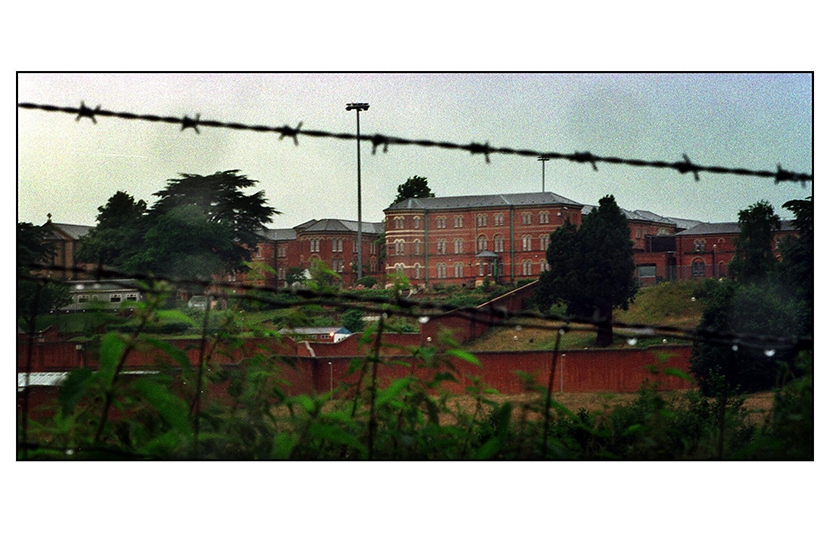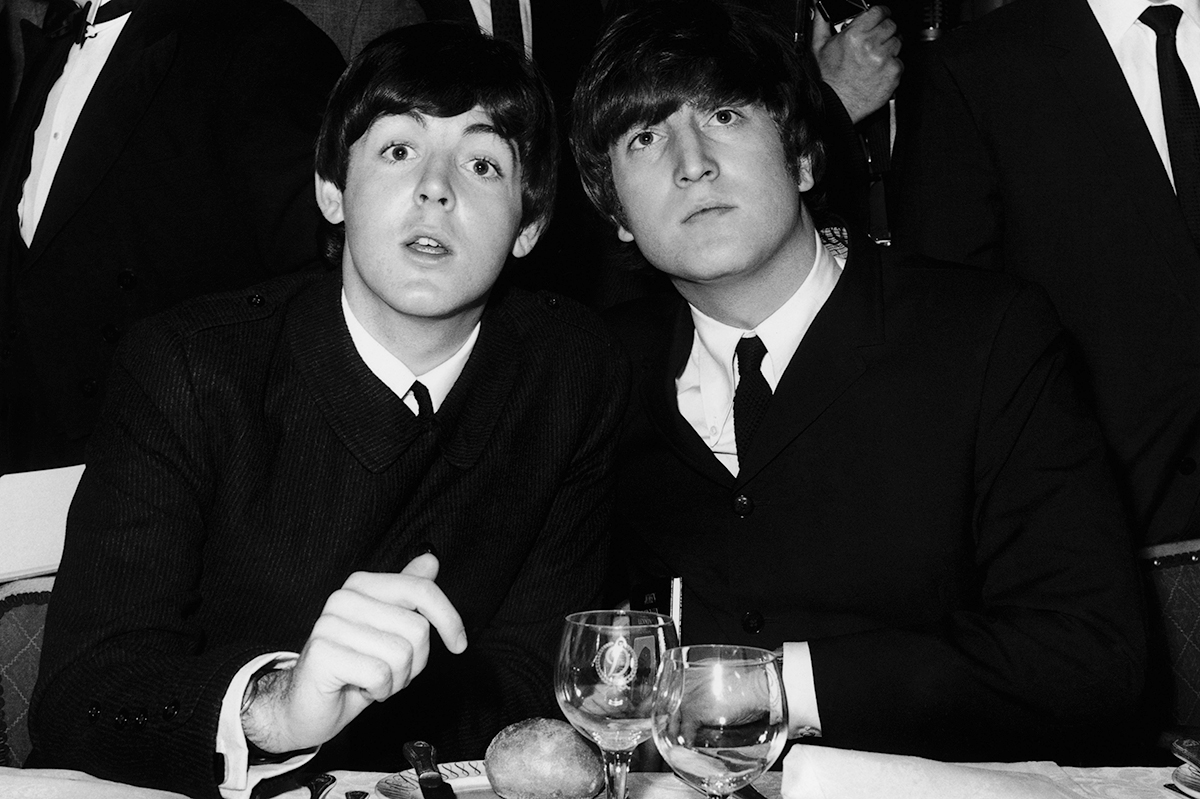True crime is having a moment: every day there’s a new documentary, book, podcast, or blockbuster film announced, detailing the grisliest, most depraved actions imaginable. Once only the domain of fanatics, true crime is now mainstream. At its best, it’s fascinating, shining a light on human behavior, but at its worst, it can be voyeuristic and dehumanizing. So I approached The Devil You Know, Dr Gwen Adshead’s memoir of forensic psychotherapy charting her encounters with serial killers, murderers and pedophiles with a little trepidation.
The book is divided into 11 chapters, each telling the story of an (anonymized) patient of Adshead. They come from her time spent working in prisons, secure hospitals such as Broadmoor and private practice. Between them they are responsible for serious arson, serial killings, parental murder and child sexual abuse, including of their own children. They are a broad sweep of those individuals whom society tends to consider irredeemable.
It’s easy to dismiss people who commit acts of evil — to view them as outside our own experience, incapable of thinking, feeling or loving in the way we do. We allow ourselves to think that we could never behave like them and it suits us to file them away as fundamentally different. The ‘othering’ of these offenders is natural, but it’s also unhelpful. It leads us to believe that they are unable to change in any meaningful way, and it ignores the harm that we are all capable of in the wrong circumstances.
This is Adshead’s starting point: that evil is ‘really a term, much like beauty, which says more about the viewer than the object’, and that we are wrong to dismiss the treatment and therapy of violent offenders as a waste of time; that listening and compassion can make a difference.
This can sound woo-woo, woke or simply ridiculous: will discussing with pedophiles what they’ve done really do any good? The idea that talking through trauma or abhorrent acts can bring self-knowledge and a change in behavior seems at best simplistic and at worst self-indulgent and unlikely. But Adshead succeeds in showing the very real progress that this ‘listening and compassion’ can make.
Anyone who has had therapy will tell you how frustrating it is: how you often take two steps back before moving forward; how you feel as though you’re going round in circles; how it can take a long time to get to the meat of the matter. Reading this book can feel similar, as Adshead goes through the nuts and bolts of therapy, detailing the slow, tricky process of getting to know an individual and carefully examining their crimes. If The Devil You Know mimics this process in the reading experience, it also illuminates the unique and often difficult relationship between therapist and patient.
In one sense it is unsurprising that each offender’s story uncovers a catalog of profound trauma in early life, of lack of childhood attachment, of PTSD, and often of time spent in the care system. It’s almost a cliché that those who abuse have been abused themselves. But to find that narrative reoccurring with such predictability is frightening. It is also overwhelming, and relentless, and reading about it can be exhausting. And of course there is a tragic irony that it is only through committing acts of serious violence that these offenders receive therapeutic attention. It appears that this is the first time they have ever been listened to with compassion.
However, few of the stories told are instantly sympathetic. Many of Adshead’s patients are narcissistic, rude and reluctant to take responsibility for their actions. I found myself in turn impressed, frustrated by and skeptical of Adshead’s ability to show such generosity to them. But as she puts it: ‘I would learn many times over as my career went on that it is always a greater act of compassion to empathize with someone you don’t like.’ Rather than simply pre-empting the reader’s resistance to the stories that follow, she repeatedly leads by example, examining her own feelings of discomfort or resentment towards patients, and what they tell her about them.
The Devil You Know is a measured and nuanced book, but it is also a deeply confronting one that requires both introspection and openness from the reader. At its worst, true crime is car-crash entertainment, because we are reveling in the horrors of what human beings can do. This book is the opposite of that. It isn’t sensationalist or gory — less true crime, more true therapy. Reading it is its own kind of therapy, forcing one to become emotionally available to the stories. But it is also an optimistic book, one that believes fervently in the power of self-reflection and compassion to bring about change even in those whom society has dismissed as hopeless. Above all, it is an unflinching and intimate portrait of the humanity of both therapist and of patient.
This article was originally published in The Spectator’s UK magazine. Subscribe to the World edition here.

























